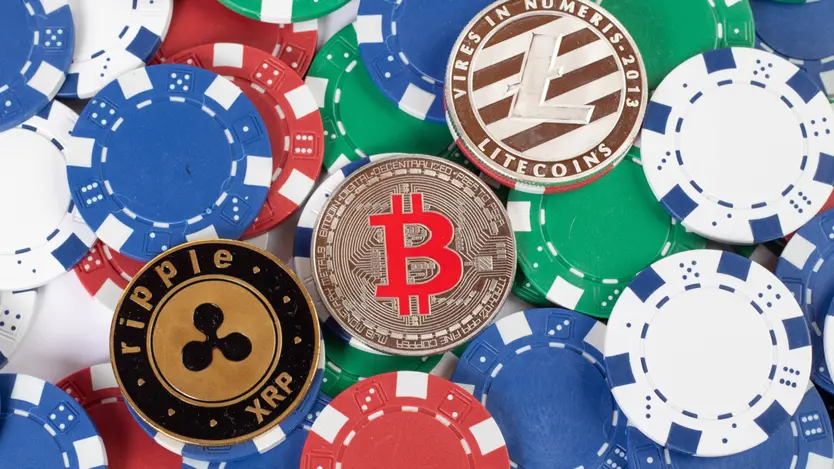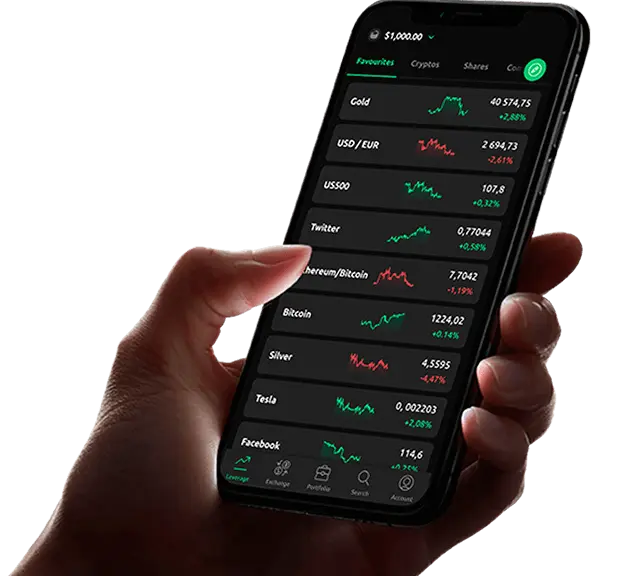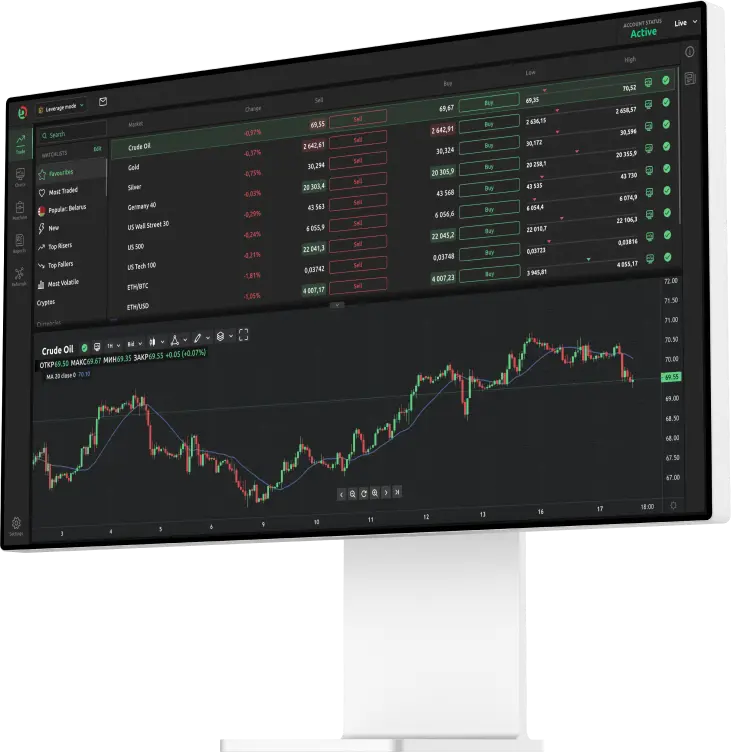A token is a virtual currency that represents a utility or an asset

Token definition
A token is a kind of cryptocurrency that can represent a particular asset or utility.
Normally built on a blockchain, tokens have a variety of different purposes. They can signify that the token holder will have access to something, like a cinema ticket that enables you to see a film, or they can be used to signify ownership of something, such as gold or a virtual collectible kitten.
Types of crypto tokens
Put simply, crypto tokens can normally be categorised in one of three ways:
- Payment tokens: This is when a token can be used to purchase goods and services outside of the blockchain running the token. Bitcoin is an example of this, as consumers can purchase a latte using this cryptocurrency at a shop.
- Utility tokens: These tokens can be used to grant access to a particular service. For example, an investor might purchase a utility token in exchange for access to a trading platform. If a token is designed specifically for use on one decentralised app, it is probably a utility token. A good comparison is the loyalty points you have on a store card – they’re only valuable when you’re shopping in that store and cannot be used with a rival.
- Security tokens: These tokens can represent an ownership stake in a blockchain project or entitle the holder to dividends. Crypto start-ups often raise money through security token offerings, which are not dissimilar to the initial public offerings that companies pursue on the stock market.
How tokens are traded
Tokens are usually bought and sold on crypto exchanges. They can be exchanged for other cryptocurrencies or converted into fiat currencies such as the US dollar. However, this is only possible if a token has been listed on one of these platforms.
Some tokens are fungible, while others are non-fungible. If tokens are fungible, this means that every single one is identical in value and function. A real-world point of comparison would be a $20 note. They can be swapped easily, and it doesn’t matter which one you have because it offers the same value.
Non-fungible tokens (NFTs) have properties that make them unique and unlike others. Although all plane tickets look the same, each one has different seat number and destination details printed on it, making them non-fungible. Baseball cards are all the same shape and size, but the different players depicted on them make some cards rarer and more desirable than others.
The same principle applies to non-fungible tokens. As well as being used to represent collectibles such as digital cats, they can represent ownership of a rare piece of artwork or a fancy bottle of wine in the physical world.



